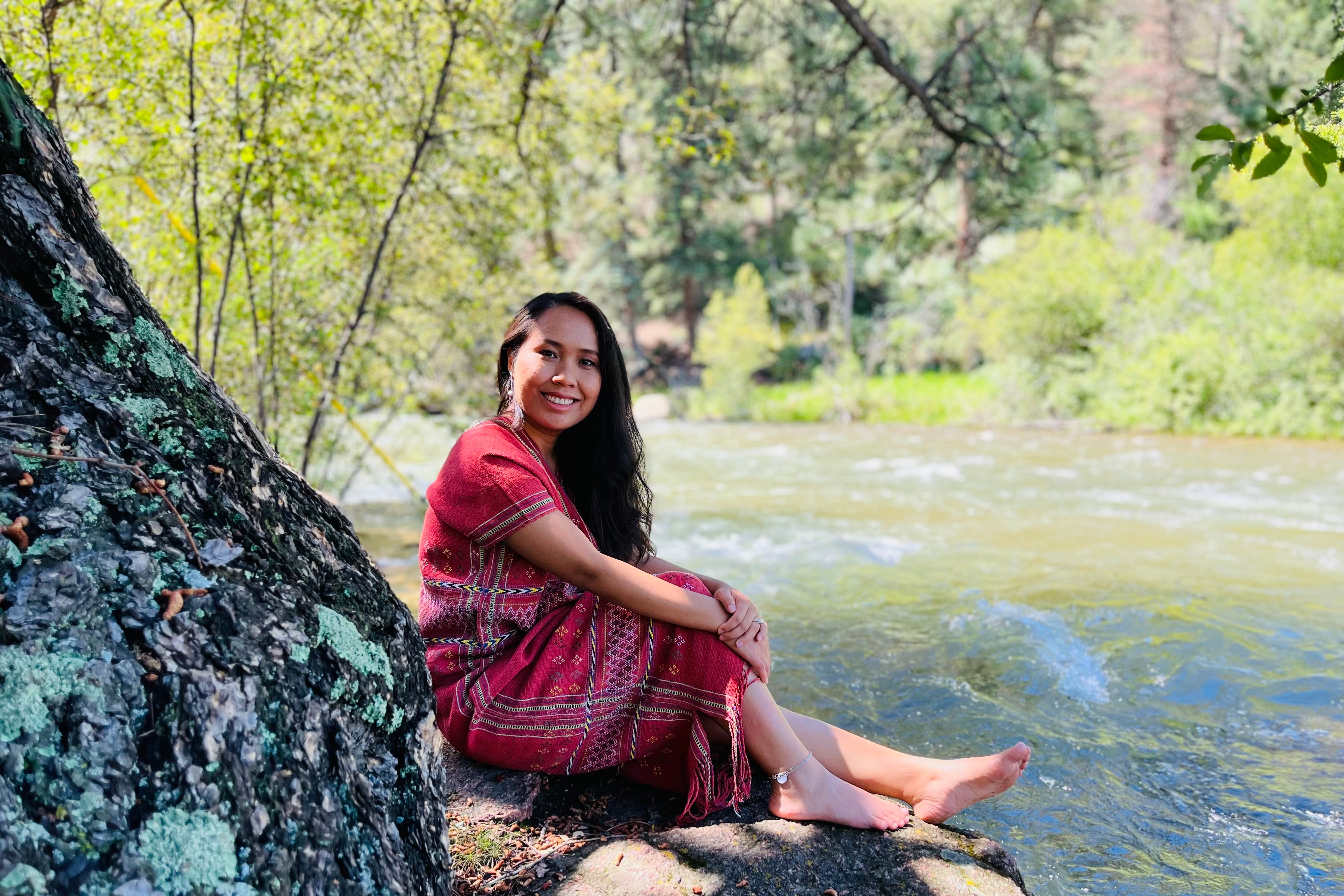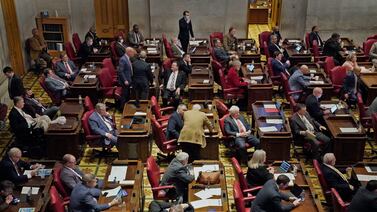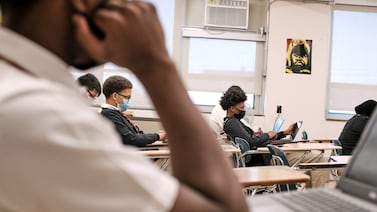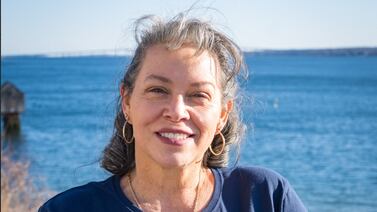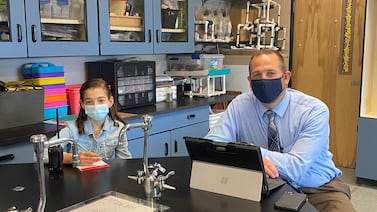Katherina Lei was 5 years old when her family fled the civil war in Myanmar, walking through forests and across rivers to neighboring Thailand.
“I was so tired and felt like the journey would never end,” she said.
Today, Lei is a preschool teacher at Denver’s Place Bridge Academy, a magnet school serving refugee and newcomer students from all over the city. She knows what it’s like when students land in her classroom not knowing English or facing emotions they don’t know how to handle.
Her goal, she said, is to “peel through the layers and see the strength in them.”
Lei was one of three Denver Public Schools staff members honored last spring by the district’s Asian Education Advisory Council. She talked to Chalkbeat about how she helps new students acclimate, why reading is so important to her, and why she mistakenly believed teaching would be easy.
This interview has been lightly edited for length and clarity.
What was your experience as a refugee like?
I am a Karen ethnic from Myanmar (formerly known as Burma). My parents are from the Karen State in Myanmar. I became a refugee because of the civil war between the government junta that oppressed the Karen and other ethnicities that wanted freedom and democracy for decades.
When I was young, many villages in the Karen State were attacked and we had to flee to a refugee camp in Thailand. I remember vividly how we walked through the forest, slept under the trees in a tent made of tarps, and crossed the river. My sister got chickenpox while we were running for our lives.
I lived in Nu Poe refugee camp in Thailand close to the border of Myanmar for over 11 years. We lived in a bamboo house, crowded, and fenced with barbed wire. For me, it was not bad because we had a roof over our head and food on our table. Besides, nature was my comfort.
I never felt safe because our camp was on the border. One of the things that bothered me was the barbed wire fence that took a piece of my clothes or my skin every time I snuck out to go find veggies, swim, or feed my pigs outside the fence. I snuck out many times because I was always curious about what was outside of the barbed wire fence. Moreover, I could not see my future and felt stuck and unsure about life.
In the early 2000s, many countries, including the United States, opened the program to accept refugees from Myanmar. My parents got accepted to be re-sheltered in the United States in 2008. I have lived in the Aurora-Denver area since I moved here.
Was there a moment when you decided to become a teacher?
When I started college, I wanted to become a pediatric nurse. As I took some college classes, I started to work at Place Bridge Academy as a paraprofessional to help me with some bills and tuition. I realized that I wanted to help young children learn. After my associate’s degree at Community College of Aurora, I transferred to the University of Northern Colorado to complete my bachelor’s degree in early childhood education.
How do you help students acclimate to living and learning in a new place?
I help students acclimate by providing a welcoming classroom environment, learning a few greeting words or important words from their languages, and listening to them. I also connect with the families and get to know them by listening to their stories. From my experience, one of the most important things is to give my students the space and time to go through their feelings, and just sit with them quietly if needed.
How did your own experience in school influence your approach to teaching?
I was a refugee student coming to this country without understanding English or knowing the system. I remember being scared and lost in this new country. By having a very nice and understanding teacher, I was able to navigate through my first year of school — at Aurora Central High School — in this country. I can never forget the sweet smile of my teachers as they helped me understand what they were saying. This experience influenced me to become a teacher who is not only teaching academics but is a person students can trust and who cares about them and understands them.
Tell us about a favorite lesson to teach. Where did the idea come from?
I love reading and talking about the stories with my students. Books help us start a conversation about an idea or a topic.
When I was young in the refugee camp, we did not have many books. My first memory of enjoying books was when they started to build a public library. I think I was in middle school. I would go and read as many books as I could every weekend. My first ever favorite book was called, “Rudy the Bear.”
I love the feeling of reading, and I want to pass this experience to my students. One of my favorite books to read with my students is “Whoever You Are” by Mem Fox. I enjoy talking about this book because I want my students to accept and celebrate the diversity of children in our class, as well as our community, our country, and our world.
What’s something happening in the community that affects what goes on in your classroom?
My students always tell me what happens around them — at home, in the community, and in their little world. If they witness violence in the community, they will think it is OK and act out what they have witnessed. For example, they pretend to fight and punch each other. Sometimes, they pretend to be in jail or take each other to jail. According to them, they are stealing or being bad, so they need to be in jail. If they witness kindness, they will also bring it and show it toward their peers.
What was your biggest misconception that you initially brought to teaching?
My biggest misconception that I initially brought to teaching was “teaching is my passion and it should be easy.” I learned that even though teaching is my passion, I have many rough days.
What are you reading for enjoyment?
One of my favorite biographies is, “Undaunted: A Memoir of Survival in Burma and the West” by Zoya Phan. She is a Karen refugee from Myanmar, just like me.
Ann Schimke is a senior reporter at Chalkbeat, covering early childhood issues and early literacy. Contact Ann at aschimke@chalkbeat.org.


